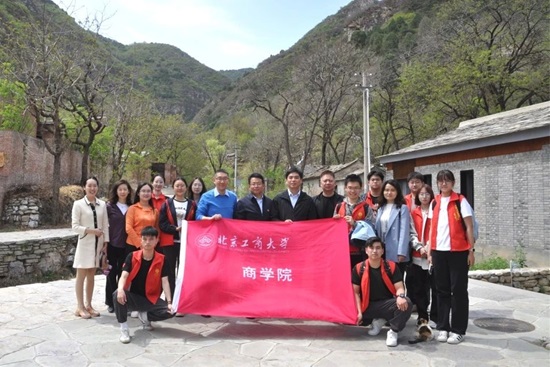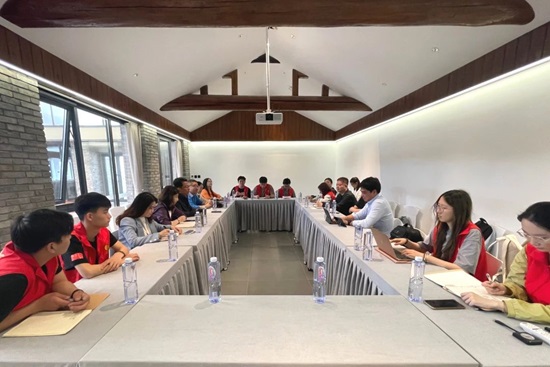
The Business School conducted an in-depth investigation and cooperation initiative in Huangshandian Village, Zhoukoudian Town, Fangshan District. Participants included Chen Xiaobing, Deputy Director of the Fangshan District Culture and Tourism Bureau; Fu Shilun, Party Secretary of the Business School; Zhang Yue, Deputy Party Secretary; Gong Kedi, head of the Tourism Management Department; Associate Professor Zhang Haojue; Zhao Jie, Youth League Secretary; Pan Meng, Party Building Counselor; and student representatives. The delegation conducted research at the Red Basket Spirit Memorial Hall and examined the holistic ecological cultural tourism industry represented by Yunlan Mountain Fairy Tale Forest, boutique homestays, and educational bases. They also held discussions and exchanges.
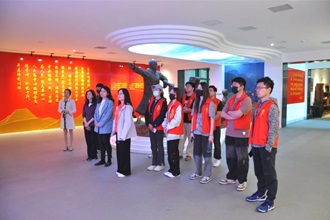
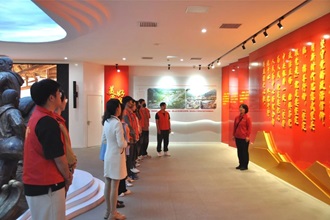
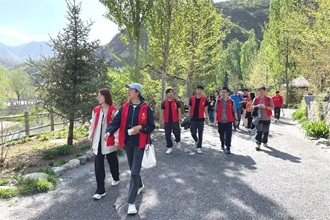
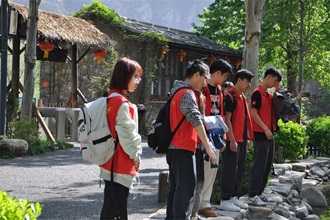
In his remarks, Chen Xiaobing stated that Fangshan District has abundant cultural and tourism resources, deeply rooted in culture and red traditions. Huangshandian Village is a model for rural revitalization and cultural tourism. He emphasized the need to shape tourism with culture and to highlight culture through tourism, while promoting the coordinated development of culture, tourism, and cultural innovation. He expressed hope that the Business School would fully leverage its talent and resources, using the cultural tourism industry as a medium to engage in multi-level cooperation with Zhoukoudian Town, deeply exploring the value of rural cultural tourism, and working to enhance the development of Huangshandian Village's cultural tourism industry. The Fangshan District Culture and Tourism Bureau will provide strong support and ensure the partnership is developed with clear themes, structured plans, mechanisms, and branding, collectively writing a new chapter of rural revitalization and cultural tourism integration.
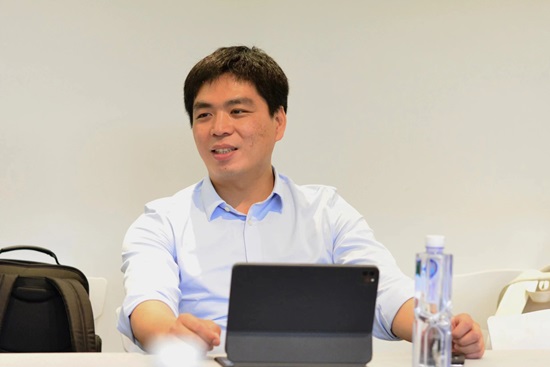
Zhang Jingang, Party Secretary of Huangshandian Village, warmly welcomed the faculty and students of the Business School and provided a detailed introduction to the village’s transformation and development history, as well as its current tourism industry needs. He expressed hope that the partnership would bring in new talent, fresh ideas, and new approaches to rural revitalization, and that it would encourage young university students to contribute to innovation in cultural tourism, marketing, digital rural development, and volunteer services, thereby empowering the upgrading of Huangshandian Village's tourism industry and enabling students to experience the results of national rural revitalization efforts firsthand.
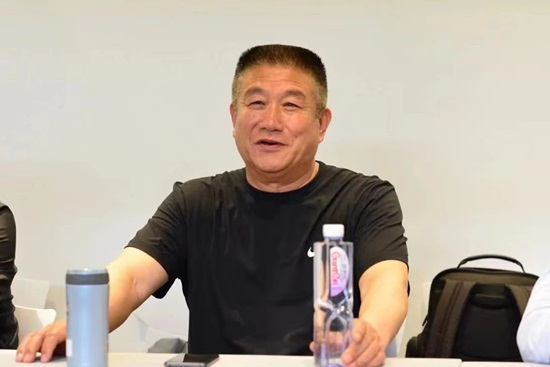
In the discussion, Fu Shilun, Party Secretary of the Business School, introduced the history of the school, its business programs, and its talent cultivation systems. He emphasized the need to further strengthen the collaboration between the school and the local community, promoting the integration of resources and combining industry, academia, and research. By leveraging the school’s strengths in business education and its think tank resources, the Cultural and Tourism Development Institute would conduct in-depth research to explore Fangshan District’s cultural and tourism resources and provide precise and effective services to Huangshandian Village. Through initiatives such as rural revitalization projects, technology innovation competitions, and project research, the school aims to enhance students' research and innovation abilities, professional practice skills, and service to grassroots communities. The school seeks to pragmatically address the challenges of rural revitalization by delivering "one report, one project, one brand," fully mobilizing the enthusiasm and creativity of faculty and students to engage in rural revitalization efforts, and taking concrete actions to enhance the quality and efficiency of the cultural tourism industry in Fangshan District, thereby empowering regional rural development.
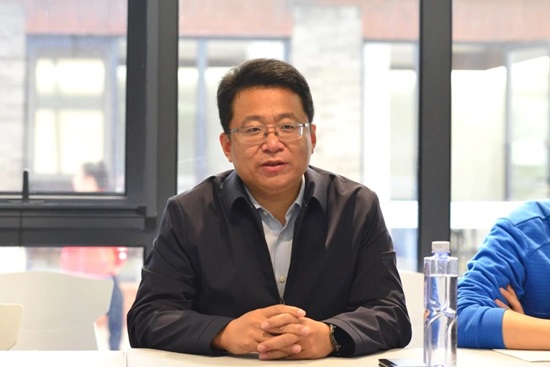
By pragmatically addressing the pain points and challenges of rural revitalization through "one report, one project, one brand," the Business School aims to fully mobilize the enthusiasm and creativity of its faculty and students, encouraging them to actively participate in rural revitalization initiatives. Through concrete actions, the school seeks to enhance the quality and efficiency of the cultural tourism industry in Fangshan District, thus empowering regional rural development.
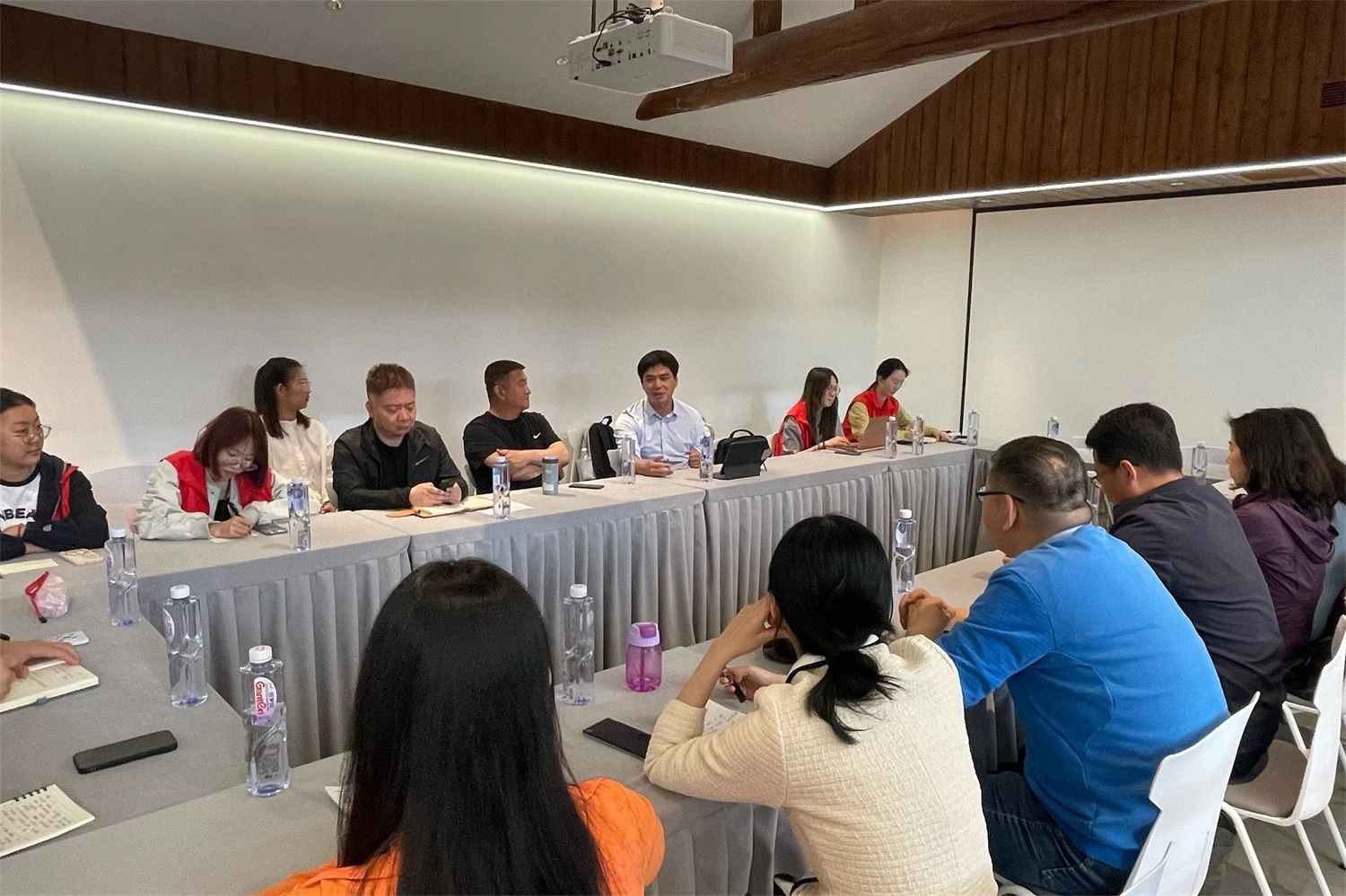
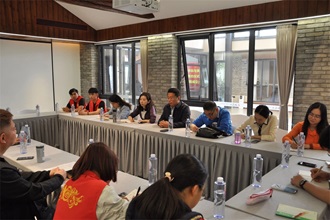
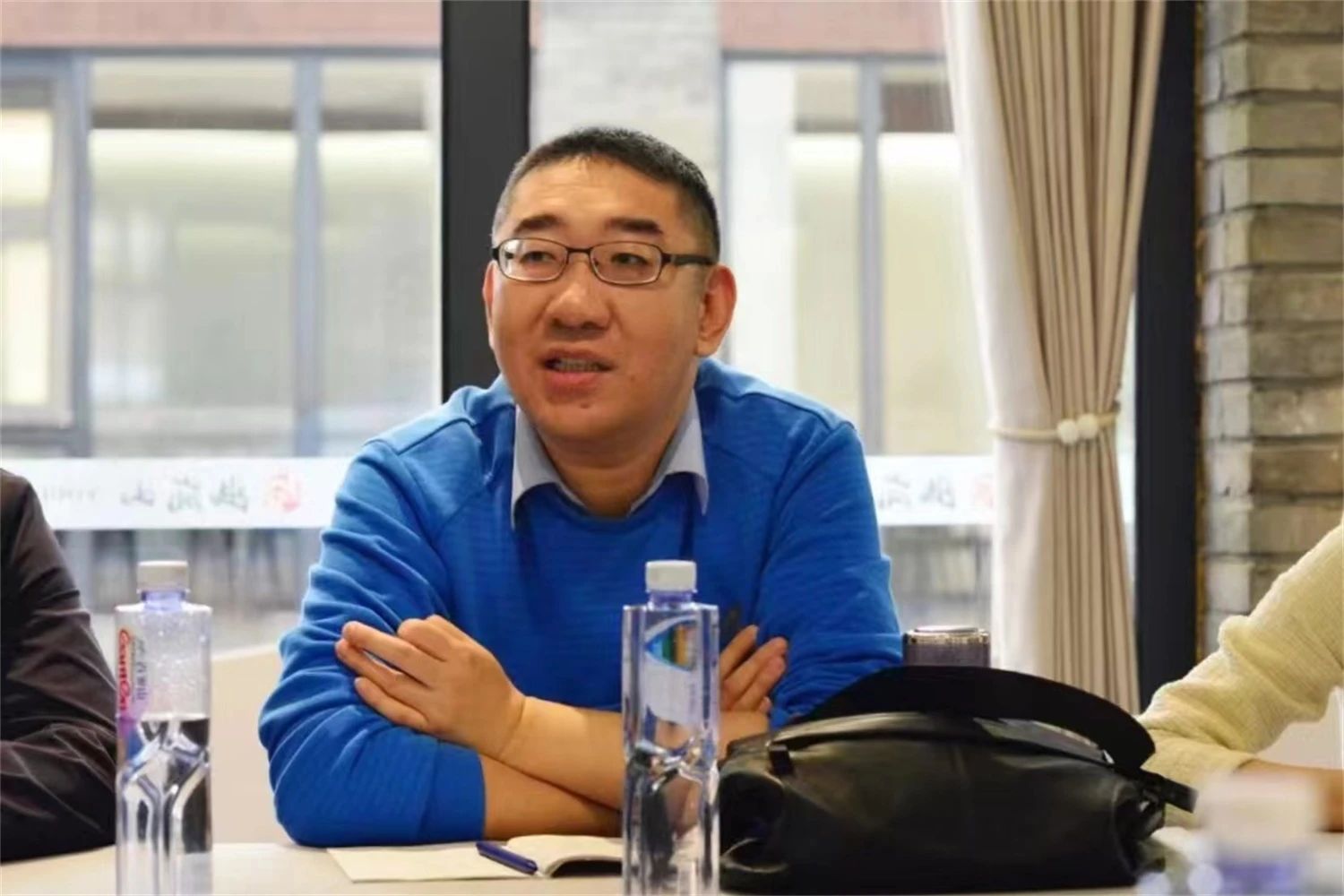
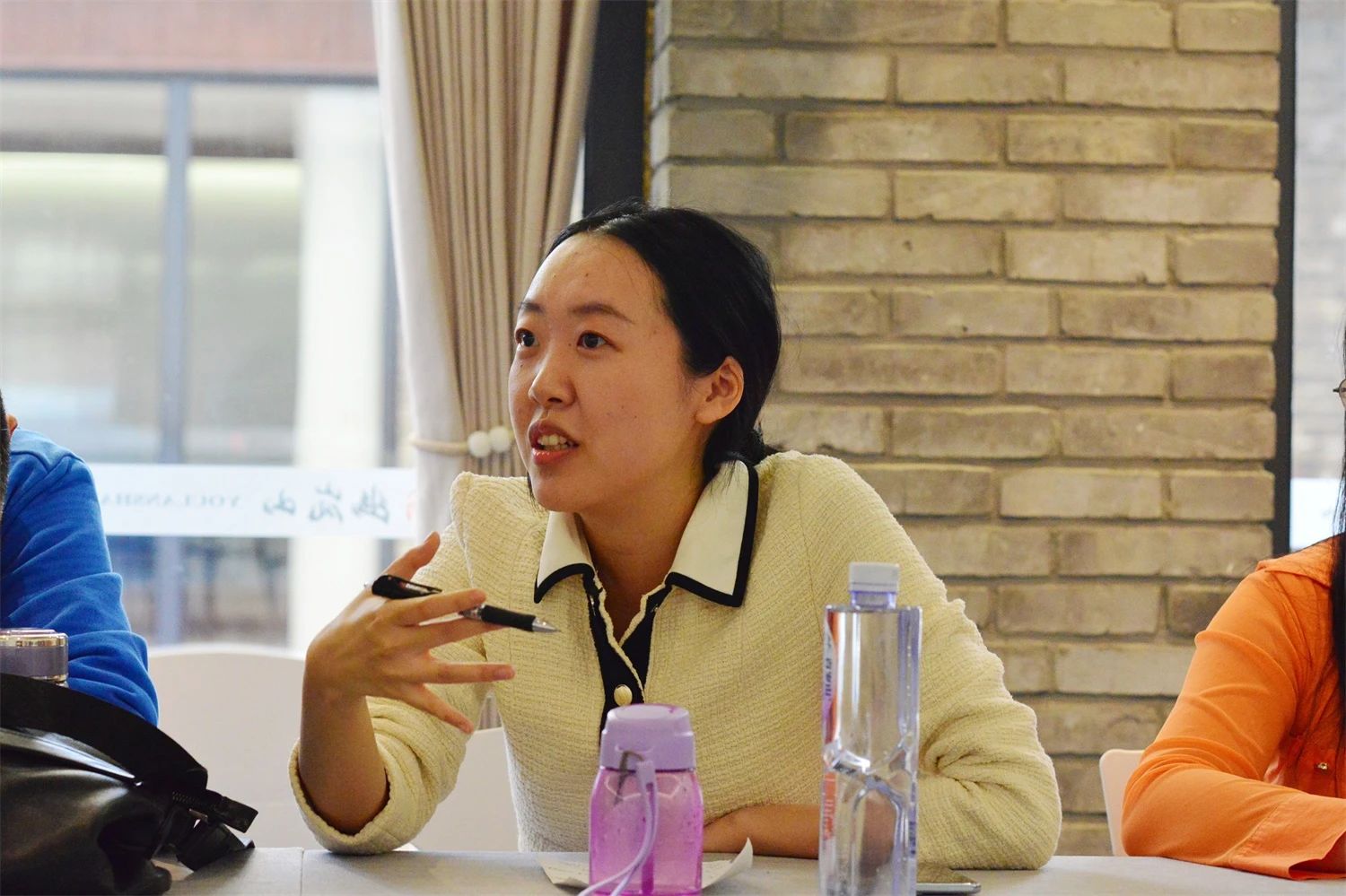
Zhang Yue, Deputy Party Secretary of the Business School; Gong Kedi, head of the Tourism Management Department; and Associate Professor Zhang Haojue, held in-depth discussions with Liu Yuhui, the First Secretary of Huangshandian Village, and Sun Fanchao, Youth League Secretary, on potential collaborations in areas such as the Challenge Cup competition, red culture heritage, cultural tourism industry development, and the transformation of scientific research into services. They expressed hope to fully tap into the resource advantages of the village and establish effective connections to empower rural revitalization.
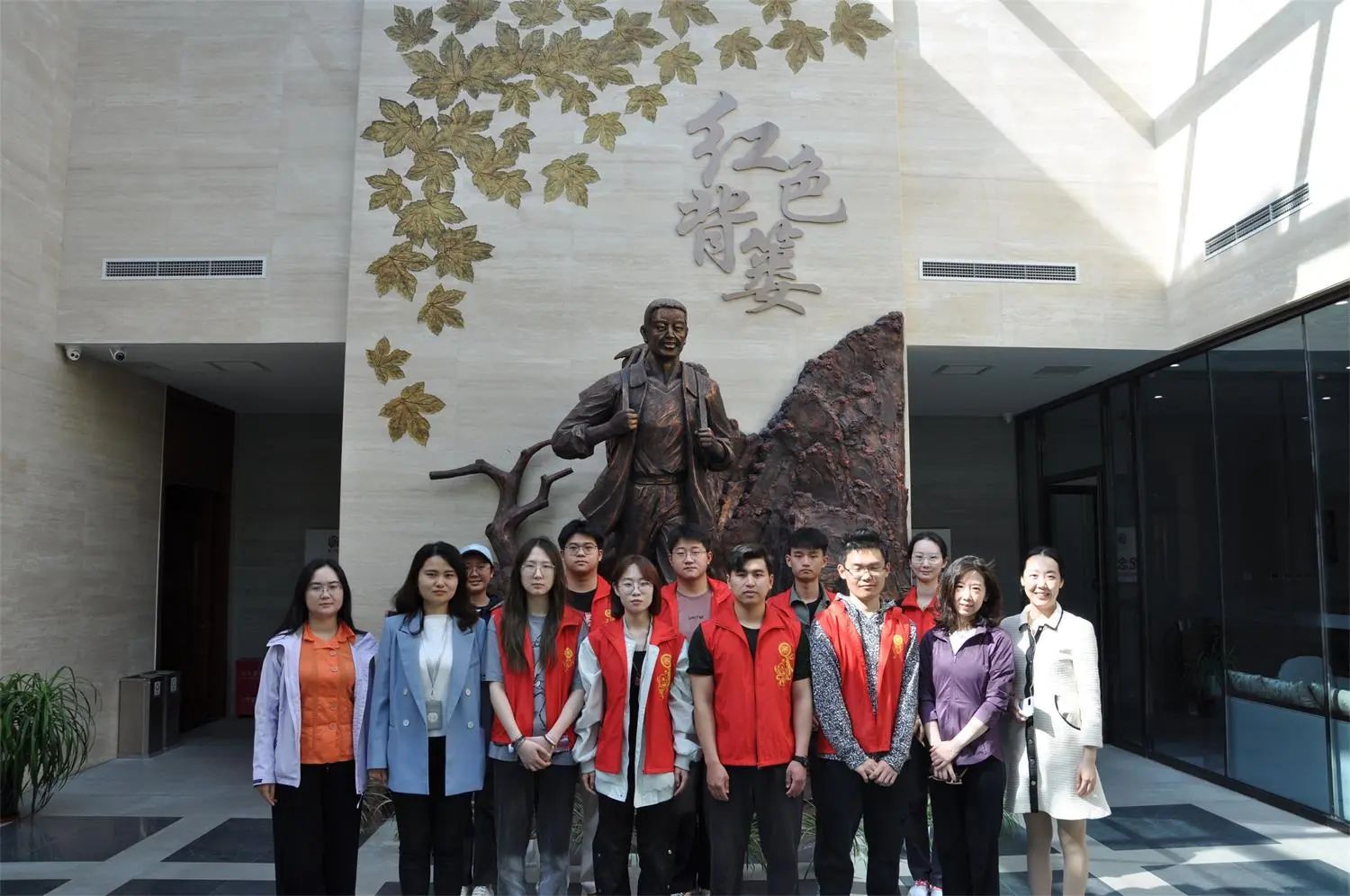
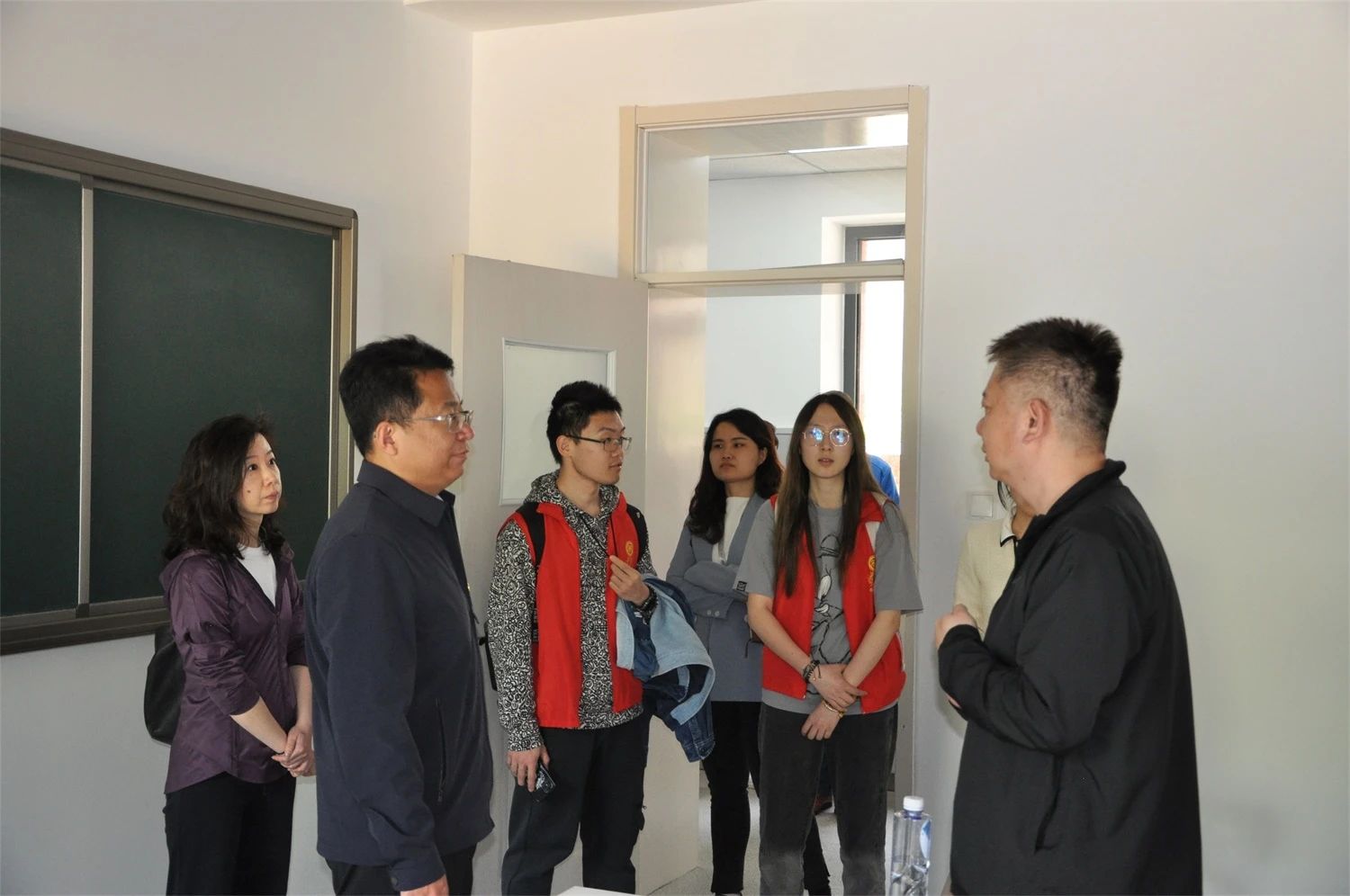
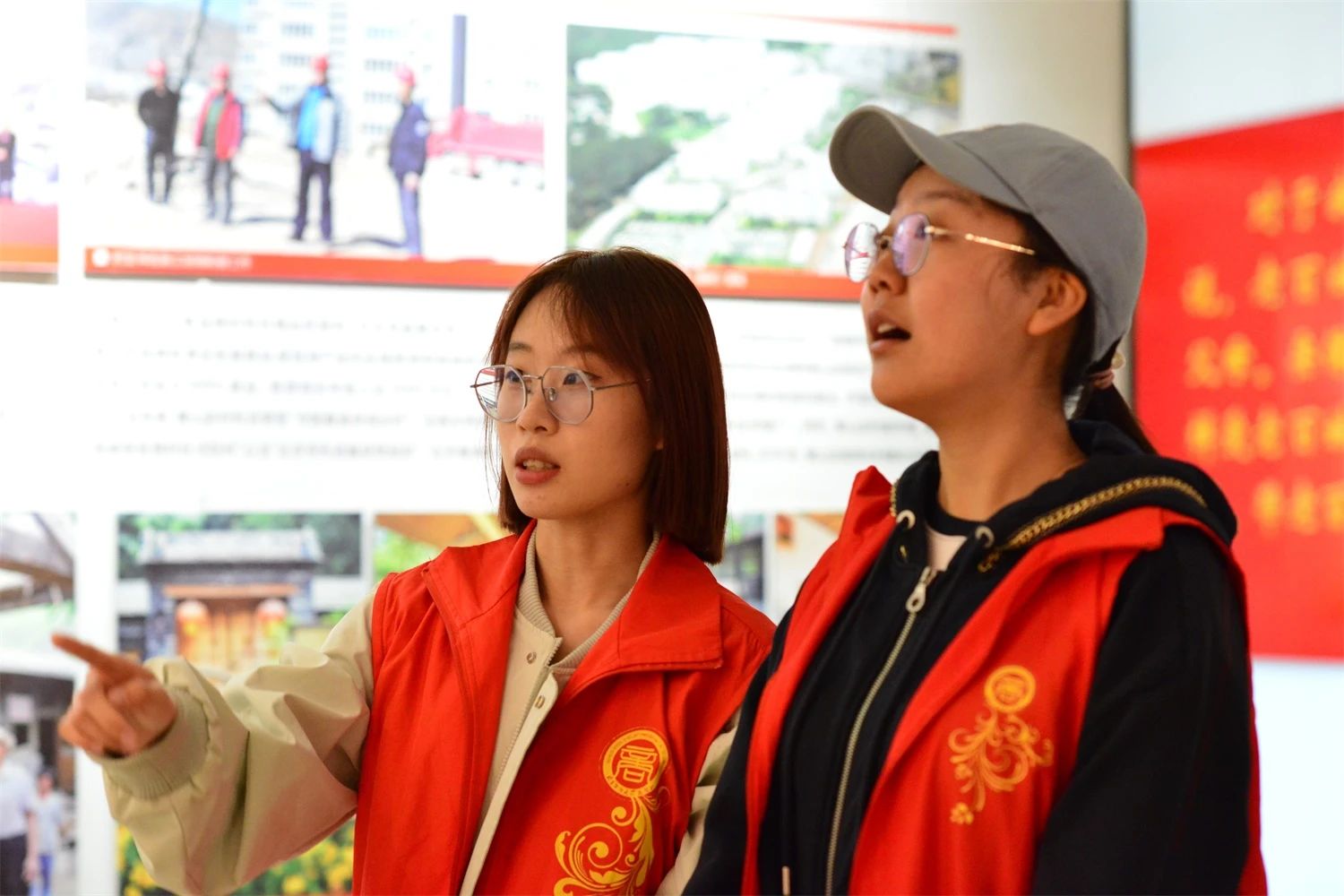
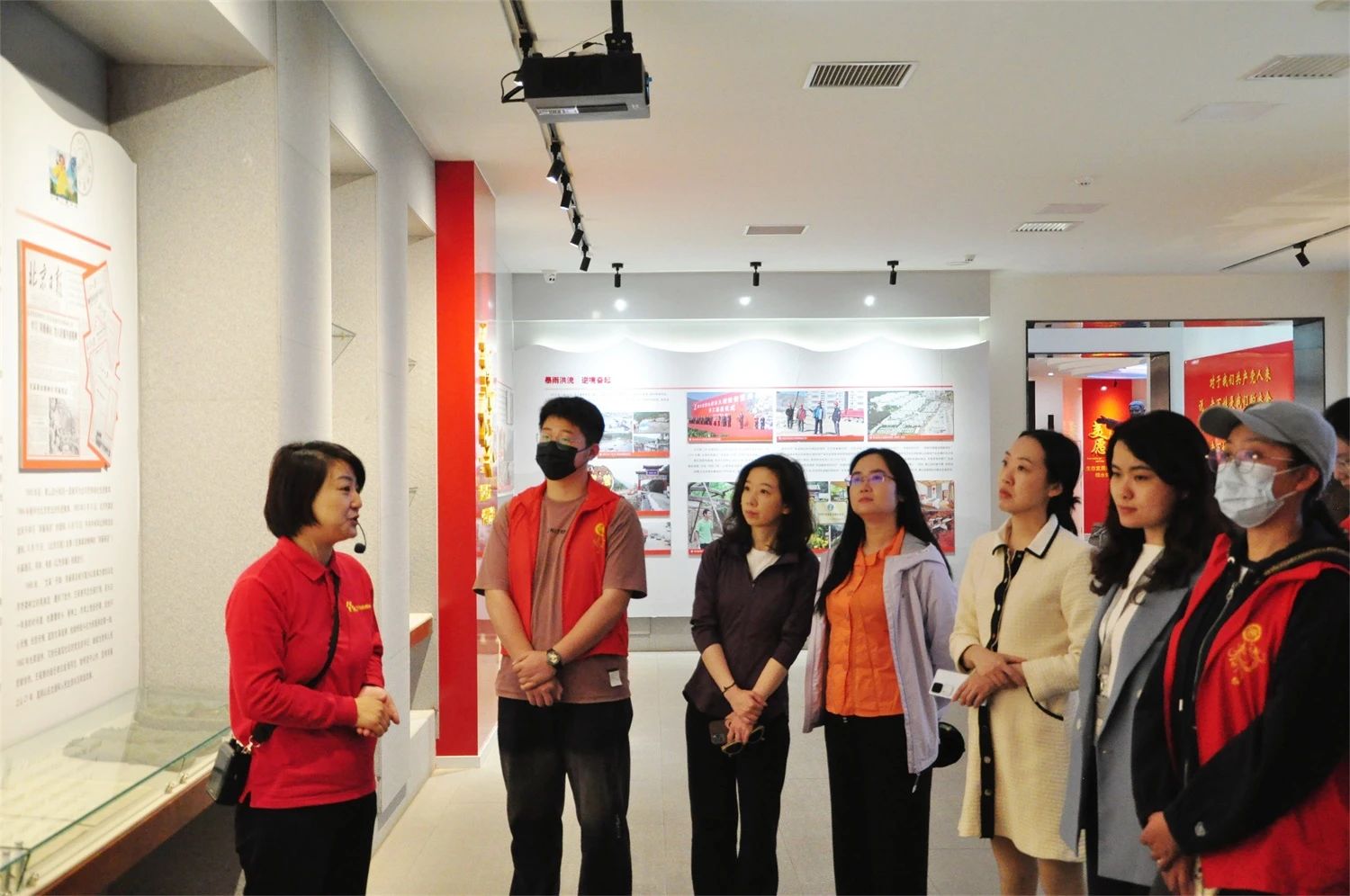
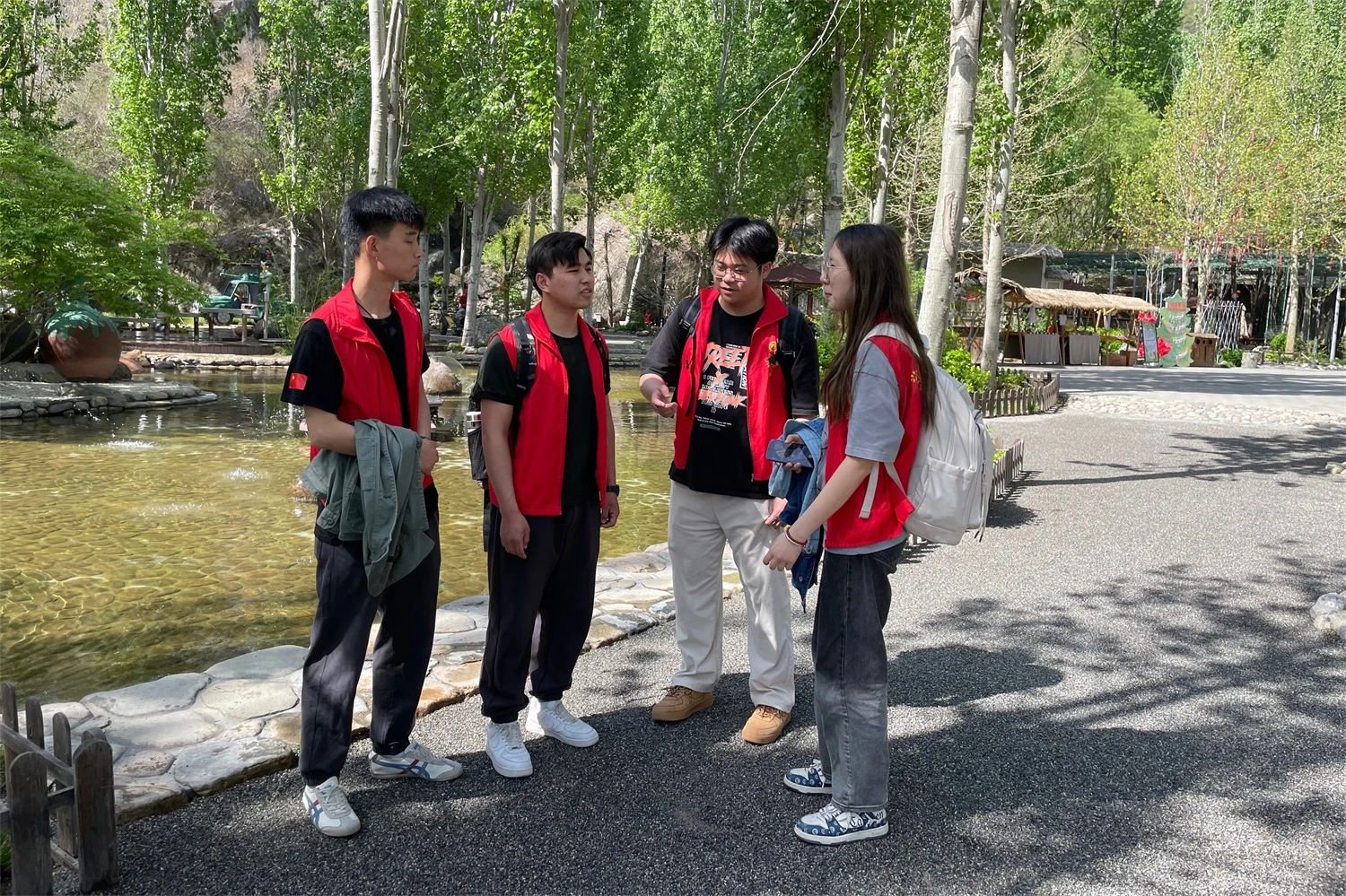
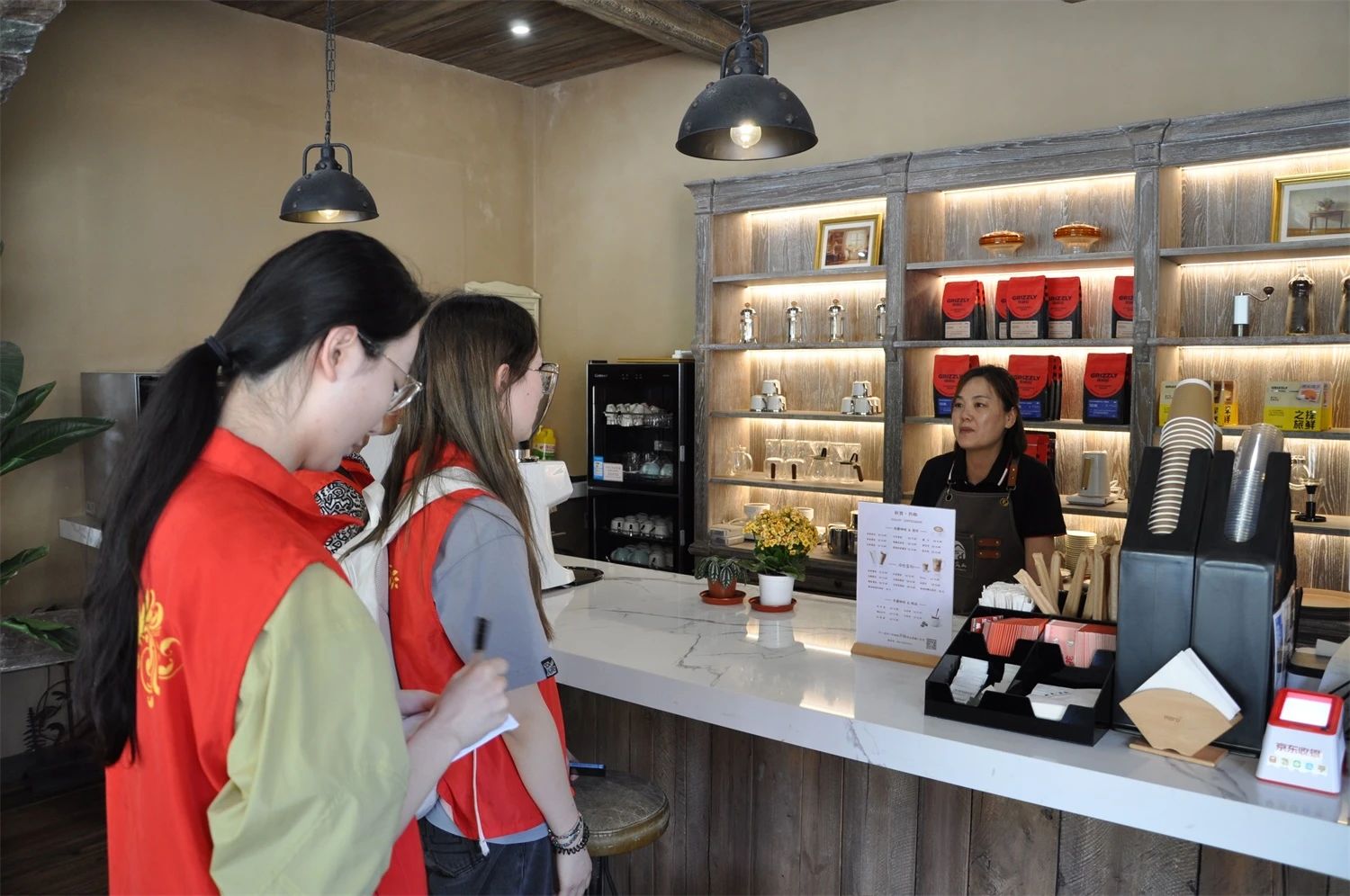
The Business School has previously led students from government internships, Challenge Cup participants, and Youth League students on immersive visits to the village, retracing the historical "Red Basket Spirit" route. These experiences allowed the students to deeply understand the historical background of the Red Basket Spirit, appreciate the hardships and persistence involved in overcoming treacherous terrains, and grasp the essence of the "Serve the People" spirit.
By "measuring the land of the motherland with their footsteps," students were able to witness the outcomes of national rural revitalization efforts and apply their academic knowledge to critically analyze and propose solutions for weak areas of development. Their contributions, rooted in professional insight, reflect the wisdom and strength of the Business School's youth toward rural revitalization.
Moving forward, the Business School will further strengthen its cooperation with Huangshandian Village, fully leveraging the advantages of its new business disciplines. The school will focus on addressing the village's practical needs by contributing to rural revitalization through initiatives such as live-streaming sales, tourism planning, training consultation, talent development, and industry-academia integration, injecting strong momentum into the development of rural areas in the outskirts of Beijing.
